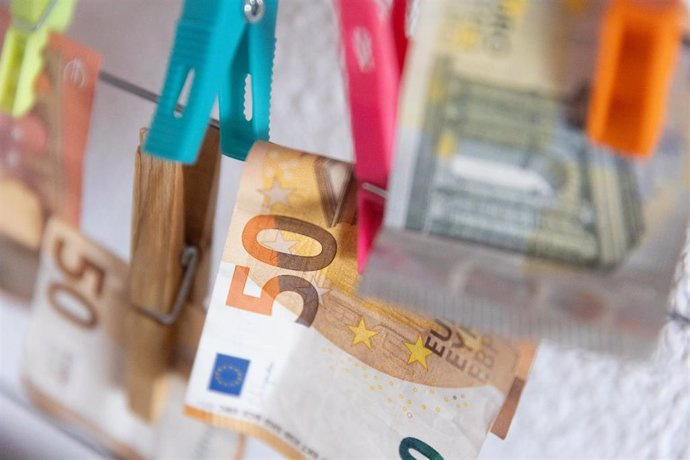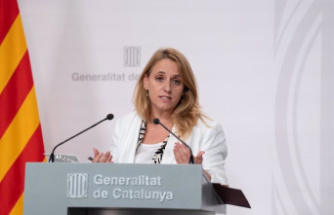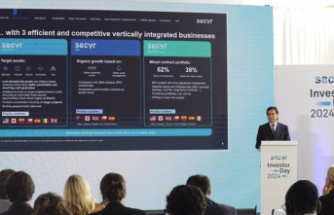It is recommended to introduce more measures to encourage controlled payments
MADRID, 21 Mar. (EUROPA PRESS) -
The percentage of household consumption that pays VAT grew between six and seven points after the impact of the pandemic without there being significant variations in the regulations, something that "only" can be explained by an increase, according to the report 'Was the Tax fraud and the underground economy after the pandemic? Analysis 2019-2023 based on VAT collection', published this Thursday by EsadeEcPol.
This increase in the bases subject to control led to an increase in VAT collection of around €6 billion annually in both 2022 and 2023.
The report indicates that Spain has registered a reduction in the underground economy between 2019 and 2023, accompanied, most likely, by better tax compliance.
In 2020, the drop in revenue exceeded the drop in GDP, with a probable growth of the underground economy simultaneous with the decline in economic activity. In contrast, the growth of tax collection between 2021 and 2023 exceeded forecasts, placing it above pre-pandemic levels.
To explain this unexpected growth, this study published by Esade and prepared by the director of the EsadeEcPol tax forum and Treasury Inspector, Francisco de la Torre, considers the emergence of the underground economy as a possible mechanism.
In the period 2019-2023, the world suffered a pandemic that forced a large part of economic activity to close, which translated into a significant drop in economic growth. The drop in revenue, as well as the increase in the public deficit in 2020, were also very important.
Subsequently, between 2021 and 2023, there was a period of recovery with job creation, but at the same time overshadowed by inflation. In this period, the growth in collections has been systematically beating forecasts. This unexpected growth seems to be peaking, but it has been consolidated.
According to the report, the main problem faced when studying the unexpected increase in revenue is that, like almost all important phenomena in the economy, it is due to multiple factors: economic recovery, increased employment, inflation and various fiscal measures.
But all this added leaves a part of the increase in revenue unexplained, the so-called "positive tax residuals." Experts point to the reason that the effect of inflation on personal income tax collection, what is known as cold progressivity, is probably under-calculated.
The second reason is the reduction of the underground economy, due, among other reasons, to the greater use of electronic media, which leave traces, and the corresponding reduction in cash. With regard specifically to VAT, it should be noted that there is an increase in the percentage of operations subject to and declared in the higher consumption tax in that period.
This increase coincides, according to the author, with greater use of credit cards that have specific information obligations. On the other hand, data from the Bank of Spain also suggests a lower use of cash.
For the author of the article, an increase in revenue linked to the reduction of the underground economy, tax fraud, and in general better voluntary compliance by taxpayers, is excellent news.
"This allows for a greater volume of public spending to address social needs or a reduction in the public deficit, which allows for fewer macroeconomic imbalances," he highlighted.
Furthermore, the report points out that revenue derived from the reduction of the underground economy also allows the reduction of taxes for taxpayers who already contributed the corresponding amount.
However, and given that most of the increase in revenue comes from inflation and growth, it is warned that if both elements weaken, "less revenue will be available."
The report also concludes that investing resources in the fight against fraud, and improving control through payment methods that leave a trace, is worth it, "but it is not a panacea that allows us to forget about budgetary restrictions either."
Likewise, it is warned that fraud will move from cruder procedures to more sophisticated ones, which requires adaptation if the reduction in fraud is to be permanent.
The author does not rule out, in any case, that part of this reduction in the underground economy is due to the improvement of social awareness, and not only to control issues derived, fundamentally, from the change in social habits.
For this reason, he has insisted that convincing Spaniards that they must pay their taxes was, is and I believe will continue to be, the most important anti-fraud measure of all.













